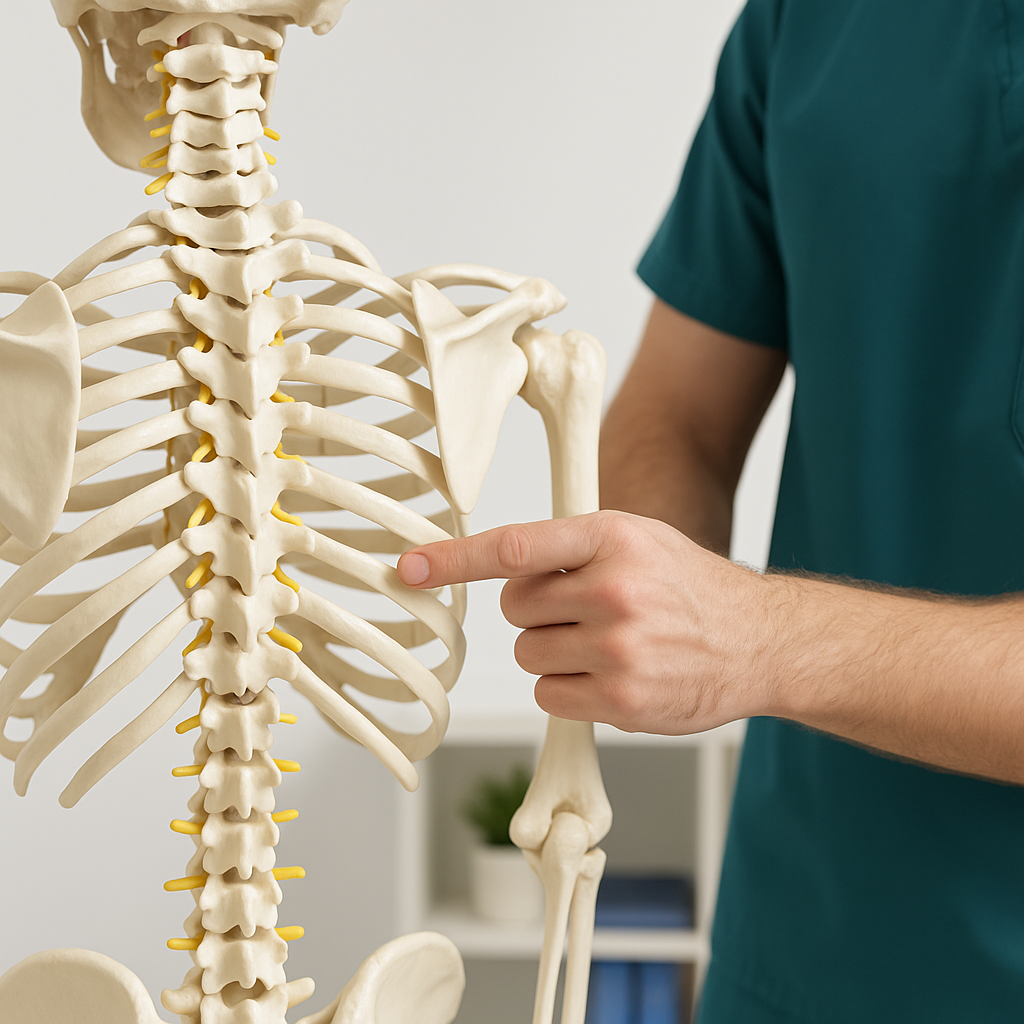 If you're dealing with scoliosis in Chippewa Falls, WI, you understand the unique challenges that come with having an abnormal spinal curvature. Scoliosis can cause a variety of symptoms including back pain, muscle fatigue, uneven shoulders or hips, and difficulty maintaining good posture. You might notice that one shoulder blade appears more prominent than the other, that your clothes don't hang evenly, or that you experience discomfort after standing or sitting for extended periods. Some people with scoliosis also experience breathing difficulties or feel self-conscious about their posture, especially during social activities or community events.
If you're dealing with scoliosis in Chippewa Falls, WI, you understand the unique challenges that come with having an abnormal spinal curvature. Scoliosis can cause a variety of symptoms including back pain, muscle fatigue, uneven shoulders or hips, and difficulty maintaining good posture. You might notice that one shoulder blade appears more prominent than the other, that your clothes don't hang evenly, or that you experience discomfort after standing or sitting for extended periods. Some people with scoliosis also experience breathing difficulties or feel self-conscious about their posture, especially during social activities or community events.
We understand that scoliosis affects everyone differently, and the concerns you have about your spinal curvature are valid and important. Whether you were diagnosed with scoliosis as a teenager or discovered it later in life, you might be worried about progression, pain management, or how it affects your daily activities here in Wisconsin. Our patients often tell us they feel frustrated by the limitations scoliosis places on their activities – perhaps making it uncomfortable to participate in outdoor recreation around Chippewa Falls, affecting their work performance, or causing concern about how their condition might worsen over time.
At our practice in Chippewa Falls, WI, we frequently see patients dealing with various degrees of scoliosis and its related symptoms. Some describe constant muscle tension and fatigue from their body working harder to maintain balance and stability, while others experience periodic flare-ups of back pain or stiffness. You might find that your scoliosis symptoms are worse after physical activity, during times of stress, or when you've been in one position too long. Many patients tell us they've been told to "watch and wait" or that there's nothing that can be done for their scoliosis, leaving them feeling helpless about their condition.
Our focus is on listening to these specific patient experiences and understanding how your scoliosis is impacting your quality of life, work, and daily activities. We know that while we cannot "cure" scoliosis, chiropractic care can often help manage symptoms, improve comfort, and potentially slow progression in some cases. Whether your scoliosis is causing daily discomfort, affecting your confidence, or limiting your participation in activities around our community, we're here to help you develop a comprehensive approach to managing your condition and optimizing your spinal health for the long term.